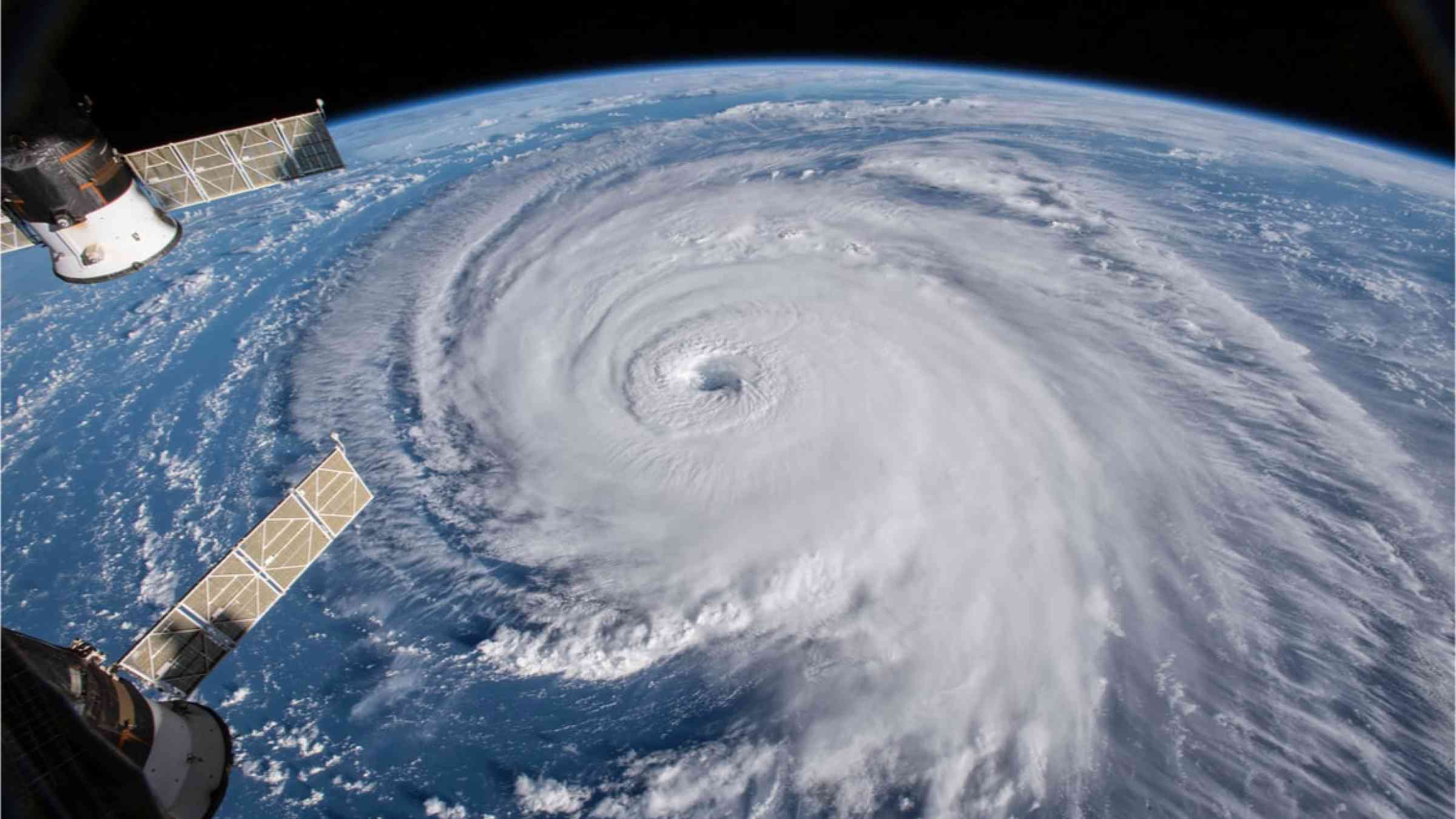United Nations and government of Fiji launch ground-breaking anticipatory action framework for tropical cyclones

The United Nations, in close collaboration with the Government of Fiji, is today launching the Anticipatory Action Framework for Tropical Cyclones in Fiji. The ground-breaking project aims to provide assistance to people before cyclones make landfall and thus prevent, mitigate, or reduce acute humanitarian impacts before they fully unfold for the Fijian communities caught on the frontlines of the Climate Crisis.
By taking early action with an anticipatory approach, humanitarian responders can reduce costs and suffering, protect hard-won development gains, and allow affected people to recover better and faster from disasters.
The framework launched today with support for the UN Central Emergency Response Fund (CERF) provides a formal mechanism that enables humanitarian organizations to collectively plan for predictable shocks such as cyclones and mitigate their humanitarian impact. This innovative initiative marks a significant stride towards enhancing disaster preparedness and response strategies in the Pacific region.
"As we have seen with TC Lola, the urgency for investing in anticipatory action in the Pacific has never been more apparent. emphasized Dirk Wagener, UN Resident Coordinator for Fiji, Solomon Islands, Tonga, Tuvalu and Vanuatu. "With the increasingly complex landscape of hazards and the impacts of climate change, this framework provides a vital tool for timely and effective humanitarian response to communities affected by climate disasters."
Anticipatory Action for cyclones leverages meteorological forecast data to pre-emptively mitigate and respond to the most likely severe impacts on affected communities. The framework integrates anticipatory action with adaptive social safety nets, supplemented by in-kind assistance, providing essential support for families to cope with impending storms.
The framework in Fiji has been developed through a consultative process with communities and has been endorsed by key stakeholders through proactive collaboration between humanitarian partners, UN agencies, the Red Cross, and the Government of Fiji. Activities will be strategically streamlined through the national cluster system to ensure efficient execution and complementarity with national response efforts and priorities.
To learn and demonstrate how collective anticipatory action can work at scale, the Emergency Relief Coordinator Mr Martin Griffiths has committed up to US$140 million from the Central Emergency Response Fund (CERF) to pilot anticipatory action globally in a diverse range of contexts and for different types of shocks.
The Anticipatory Action Framework for Tropical Cyclones in Fiji was approved by the United Nations Emergency Relief Coordinator on 13 November 2023, with the UN Central Emergency Response Fund (CERF) covering a payout of up to US$2.4 million in case of a triggering event until May 2025.
Today’s innovation is the first coordinated anticipatory approach of its kind led by the UN in the region, paving the way for the adoption of similar anticipatory strategies across the Pacific to more effectively support people and communities affected by the Climate Crisis.